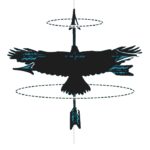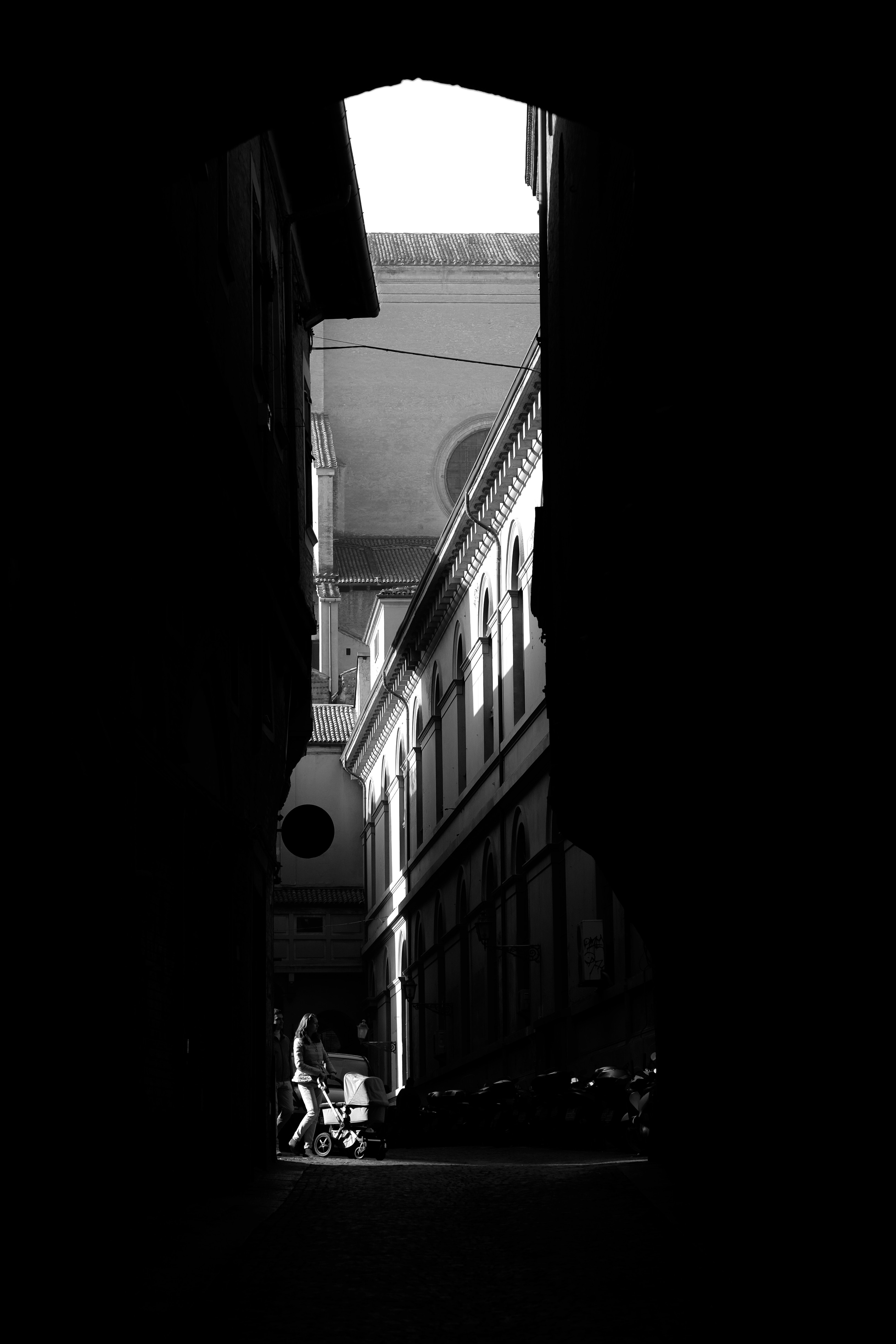I draw the map as quickly as I can, on the back of a student’s homework, in marker. I am late for work. I am stressed because I do not trust your mother with our children but she is all we have today. When you were little, she took you and your brothers across Poland by herself on the train. I try to imagine it: you and Pete and Jack and your mother with your backpacks, your childhood bangs and hair plaited behind you, but I can’t. I have never met that mother. Your mother asks me what to feed the kids for lunch while I am putting on my shoes and I say peanut butter and jelly. She asks how to make it. I tell her, You take two slices of bread and you, oh nevermind, I’ll just do it and I do, Samson hanging from my legs and Sean asking when I will be back. Three forty-five at the latest, I say, as if that means a thing to a three-year-old. To him a clock is just a circle on the wall. Today is just another day when his parents don’t have enough time. I am always rushed, always inattentive, and it feels like my whole salary goes to our babysitter who cannot be here today. To Sean today is not Monday, it is just today, and his grandmother has arrived unexpectedly from New York to keep him alive. Your babcia is going to take you to playgroup, I say. It will be fun, I instruct him. Playgroup is the place you go to make parenting easier. All the weary moms and nannies nursing free cups of tea. A roomful of old plastic toys you hope your kids won’t lick, circle time, plates of goldfish and raisins. Time ticking by. I think about giving your mother verbal directions to the old brown-brick church on Montgomery Street but then I decide to draw a map. It is harder to get to playgroup than it is to make a peanut butter sandwich. When peanut butter came to Warsaw, you told me, nobody knew what to do with it. We thought maybe it was like butter, that you used it on a ham sandwich. Then we realized it wasn’t like butter, but we would use it with butter, like it was the ham. Here’s Frankford, I say, drawing a fat road going north and south, ignoring that it is one of Philadelphia’s narrowest main streets, and here’s Montgomery, drawing a thin line where she’d turn east, towards the river, the highway, the church. You turn away from the train tracks. Your mother takes the map in her hands, looks at me with watery blue eyes. Thank you, she says. I cannot quite pin down what bothers me so much about her. I imagine it’s mostly about me, but these days I do not have time for much introspection. At three forty-five I rush in the door after a day of teaching everyone else’s kids and Sean tells me they did not make it to playgroup. Babcia turned the stroller the wrong way, he says, and I think we went to where the wild things are. The tunnel past Lehigh, the graffiti and discarded needles, the ominous shadows and pieces of concrete strewn on the sidewalk. No stores, no other strollers, no playgroup. It’s all blown out up there. We don’t know why gliomas take hold of the brain and begin to spread. They grab onto any old place they like and go from there. Her surgery comes months after the wrong turn. MRI provides a map to the mass but tells us little about what it might be. We can only really know once we’re there.
—


